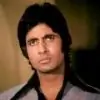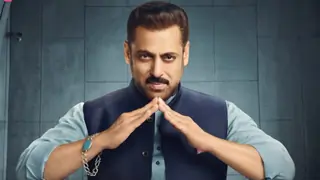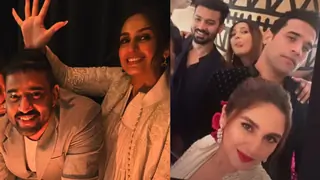In the near future, is India going to remain the stronghold of Indian Classical Music or will it go the way of the English language which has become so widespread that now English people cannot claim it as their own anymore. It's a question that is being discussed by many classical musicians now.
My own feeling is that India would still retain the stronghold in Classical Music (both Hindustani and Carnatic), acting as a central body monitoring and helping in the development of classical music through various organizations. Many organizations hav come up for this purpose too like Toronto "gharana" and "SPIC-MACAY". It;s a good sign that these various organizations hav sprung up all around the world dedicating thm to the developmnt and spreading of Indian classical music. Apart frm the gharanas, music sangams and others which contribute by teaching classical music to learners hav also come up.
But it is also a fact that interest in classical music is on the decline in India. One probable reason could be that Indian classical Music is more aesthetic and sophisticated (which in turn demands more knowledge of the music by the listeners in order to appreciate it). It is probably more correct to say that interest in Classical Music is getting limited to a select few, where they encourage their children to learn music at an early age. Even today, it is not uncommon to see young kids running in and out music schools where they start learning as early as 8 or 10 years old. There are many schools where children start training at an early age of even 8yrs. But this is not much comparing legends such as V. Nagarajan who gave his first public concert with Alathur Brothers when he was 13, or Vilayat Khan who performed first at the age of 6, or Srimushnam Raja Rao whose first ever concert was at the age of 8 accompanying Ariyakkudi Ramanuja Iyengar. But then legends/prodigies are rare.
The point i am trying to make here is, the interest is not totally on the decline. there are still those torch bearers who carry on the tradition as they will always do. But the demands of modern life have cut into the art, reducing the number of people who pursue music for a profession. There are select communities, where they have teachers come and teach music/dance to children. Once in a while, there is a legend that arises out of such small communities. The Music Academy always had a lot of classes that go on around the year, and so does most other sabhas. i know of people, students, who would take time off to go to the Academy in the evenings all the way from Adayar (at least a 1/2 hour bus ride) just to learn the art. The people who did were not coerced into doing it, and these people were teenagers, who could be spending time otherwise. But like i said, these are the few torch bearers and whether they shine in this profession or not, there efforts have to be mentioned.
Societies such as Bhakta Rasika Ranjani Sabha in Chembur, Bombay, the Indian Fine Arts Society in RK Puram, New Delhi, organize around the year music classes to train children. As long as there are people like them, India will still be a stronghold for Indian Classical Music, not just theory but also practice. Because i feel learning the theory alone is not of much use, if you can not listen to the theory being put to practice. And the pre recorded tapes do not give you that "feeling" of listening to the "rakti" in the concerts. There is always someone to carry the torch of music. The art of Dhrupad is not as dead today as it was 7 years ago. Thanks to the annual Dhrupad Sammelan in Banaras and Calcutta, and All India Radio for the publicity.
Music being the greatest invention of all civilizations, like food, drink and religions, Indian Classical Music is the most free-thinking medium there is to communicate music from mind to mind. The sub-continent allows people to blend the classics with contemporaries in innumerable ways. However, the classics will still be recognized. It is not the particular recording, raga on the record's jacket, lyric in a book, but the experience that is paramount. If the music you just heard could make you forget the present, not think of the future, but dwell on the past, then it is a classic.
































